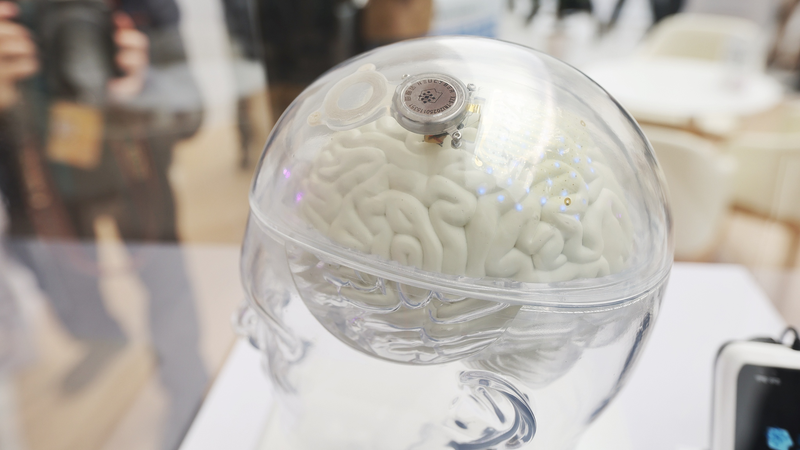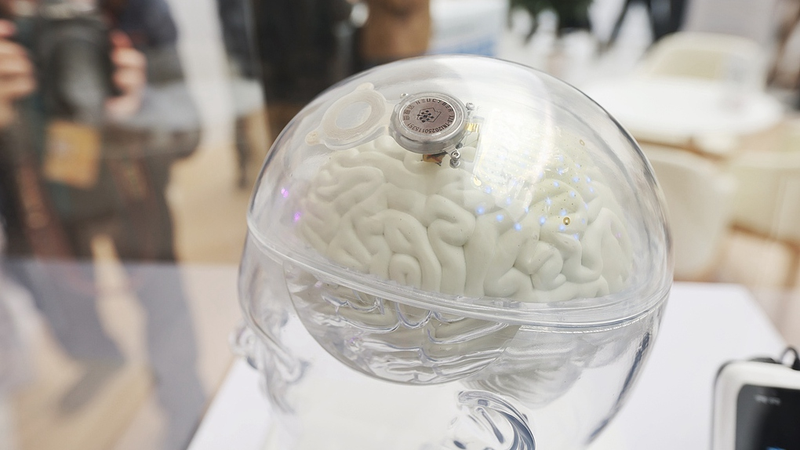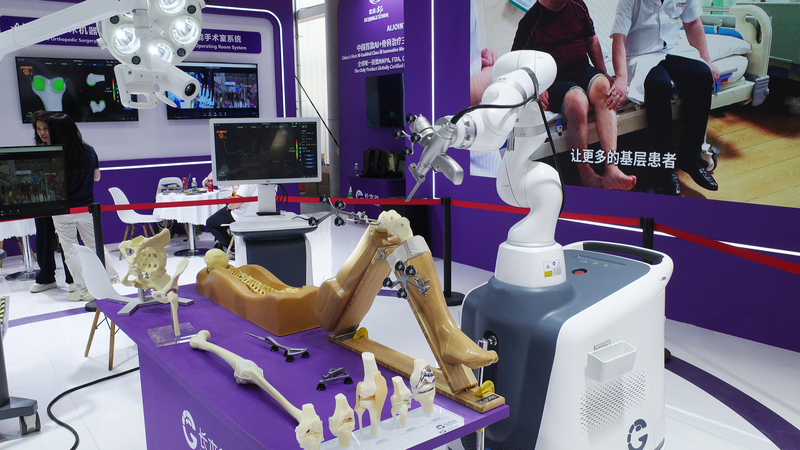China’s healthcare system, now the world’s largest with over 95% coverage under basic medical insurance, is pioneering innovations that bridge science fiction and reality. From brain-computer interfaces (BCIs) to advanced surgical robots, the country is accelerating the translation of cutting-edge research into life-changing clinical applications.
Neuro-Technology Milestones
Earlier this year, China marked a historic milestone with its first successful clinical trial of an invasive BCI system. A quadriplegic patient, who lost all four limbs in an accident, regained the ability to type, send messages, and play computer games using a surgically implanted device. The breakthrough positions China as the second country after the U.S. to reach this stage, showcasing its growing leadership in original medical innovation.
Dr. Zhao Zhengtuo of the Chinese Academy of Sciences emphasized, "Chinese teams now have end-to-end capabilities—from R&D to clinical application—that rival global peers."
Policy-Driven Growth
Backed by a 2025 government guideline from the MIIT and NDRC, China aims to solidify its BCI industry leadership by 2030. The plan prioritizes hardware development, system optimization, and expanded clinical use cases. Analysts project the domestic BCI market to surpass 6 billion yuan ($835 million) by 2028.
Dr. Jiang Xiaobing, a neurosurgery chief at Union Hospital, highlighted BCIs’ therapeutic potential: "This technology could restore functions for patients with blindness, Parkinson’s, or depression—each breakthrough redefines what’s possible."
A New Era of Healthcare
As China advances its medical tech ecosystem, these innovations promise not only improved patient outcomes but also new opportunities for global investors and researchers. With policy support and rapid clinical translation, the nation is reshaping healthcare’s future—one neural interface at a time.
Reference(s):
How China's medical tech innovations unlock new possibilities for life
cgtn.com








